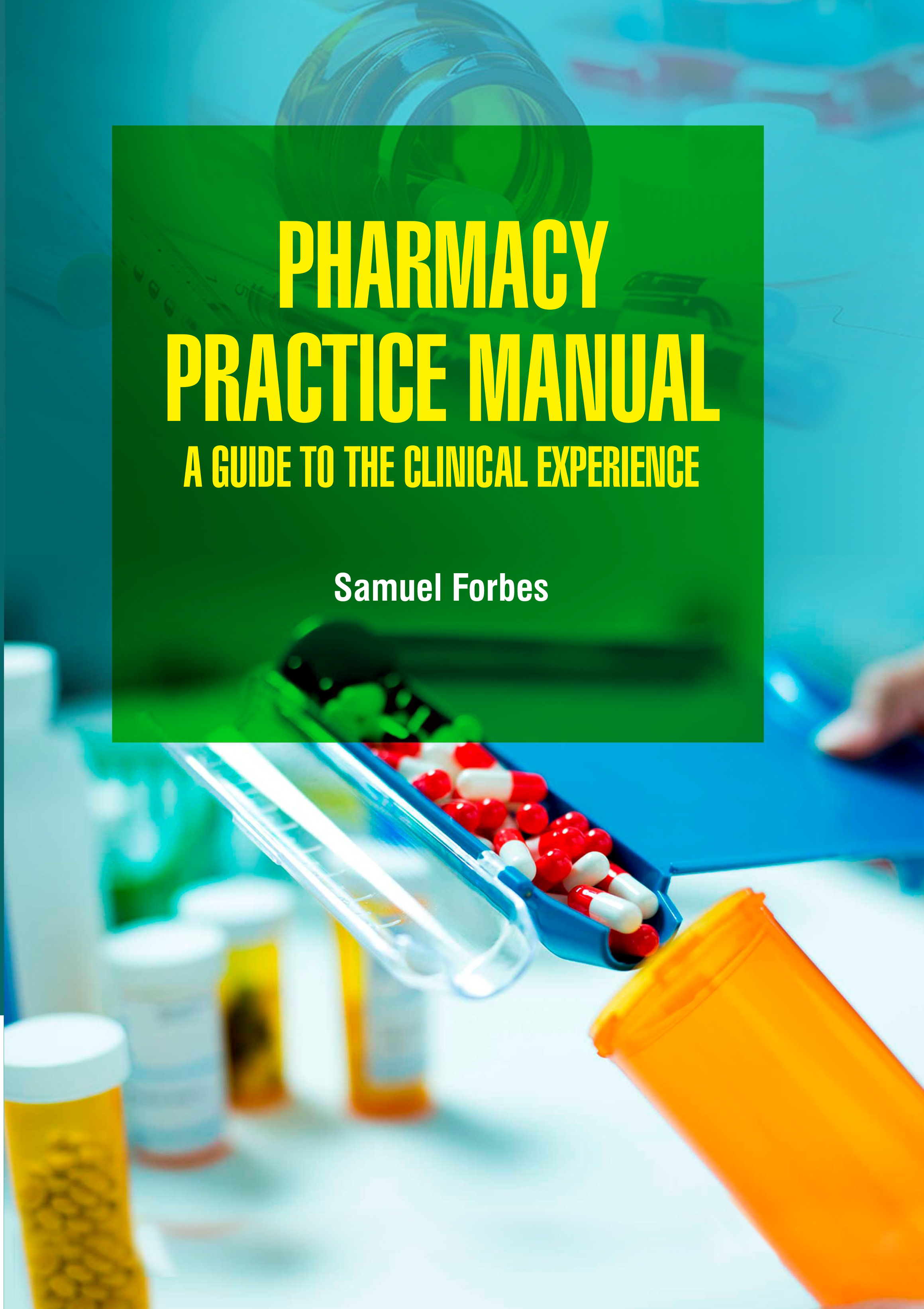
Pharmacy Practice Manual: A Guide to The Clinical Experience
by Samuel Forbes
| ISBN | 9789372427240 |
|---|---|
| Publisher | Digital Drive Learning |
| Copyright Year | 2026 |
| Price | $267.00 |

by Samuel Forbes
| ISBN | 9789372427240 |
|---|---|
| Publisher | Digital Drive Learning |
| Copyright Year | 2026 |
| Price | $267.00 |
Pathologic technologists work in laboratory settings, performing tests on biological samples, such as cells, fluids and body tissues. A diverse profession, technologists may work in areas ranging from oncology (cancer research) to immunology (immune system research). They work with sophisticated testing equipment, are responsible for tracking and logging data, and collaborating with physicians and other researchers. The neurobiological effects of physical exercise are numerous and involve a wide range of interrelated effects on brain structure, brain function, and cognition. A large body of research in humans has demonstrated that consistent aerobic exercise (e.g., 30 minutes every day) induces persistent improvements in certain cognitive functions, healthy alterations in gene expression in the brain, and beneficial forms of neuroplasticity and behavioural plasticity. As the scope of diagnostics has grown, so have the duties and responsibilities of those involved. Historically, this tended not to directly involve pharmacists, but that is rapidly changing. Diagnostic-linked treatment decisions are increasing at a staggering pace. Although empirical treatments in which a practitioner may not know a patient’s specific issues are becoming the exception instead of the rule, diagnostics remains uncharted territory for pharmacists in all practice settings. A pharmaceutical drug, also referred to as medicine, medication or medicament, can be loosely defined as any chemical substance intended for use in the medical diagnosis, cure, treatment, or prevention of disease. This book is provides pharmacy students with a unique reference source for their introductory clerkship and is the only clinical clerkship manual designed specifically for pharmacy students.